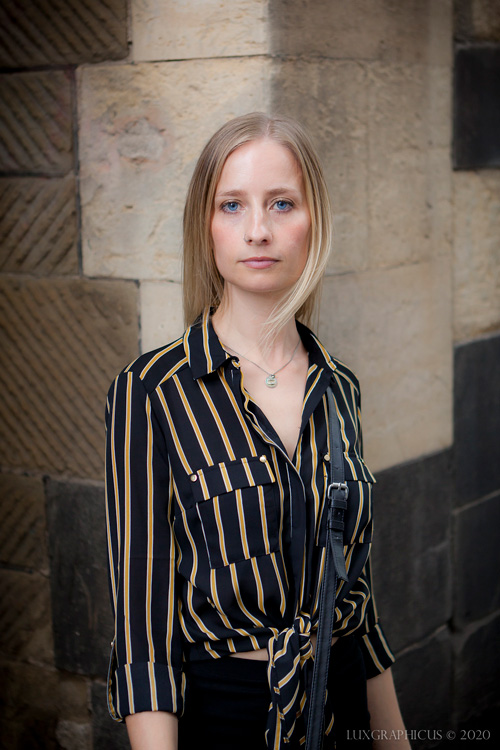From the President
The year is now well underway, and (despite a brief hiccup) Victoria is returning to more usual ways of doing things. I hope this newsletter finds members looking forward with renewed optimism to the year ahead.
At our February branch committee meeting, we resolved to take a cautious approach to planning as we wait for the COVID-19 vaccine rollout. Our first in-person event will therefore be a regional freelance lunch (though not restricted to freelancers), to be held at an outdoor venue in Castlemaine, likely on 11 March.
Most activities will continue on Zoom for the time being. We welcome Liz Atkinson to the team, supporting us further in hosting Zoom training and events. We’ve also been exploring captioning options, and members will start to see this as part of branch Zoom activities.
Congratulations to branch members who will be presenting at the IPEd conference in June, including our branch Student Advisor, Cassandra Wright-Dole. The program looks like a fantastic mix of practical guidance and pressing issues for discussion. We’re very pleased to be able to subsidise attendance for a significant number of branch members, ensuring wide participation and supporting our Tasmanian colleagues in their commitment in such difficult circumstances.
And finally, branch members are reminded about the current member survey. Please take the time to complete and return it, to help the branch in its planning and advocacy.
Stephanie Holt
edvic.president@iped-editors.org
New members
EdVic is pleased to welcome members who have joined or upgraded over the past two months.
Associate members: Fiona Curnow, Catherine Louise Dunn and Gina May Edwards.
Student member: Adam Weitzer.
Corporate members: Staff of Thames & Hudson Australia Pty Ltd.
We look forward to seeing you at our workshops and events and encourage you to make the most of IPEd’s networks for news and support.
New member profile
Name: Cat Dunn
Q: How long have you been an editor and how did your career begin?
A: I took on the responsibility of proofreader within other job roles, as I thoroughly enjoyed it. This naturally led to becoming an editor. I was then approached to be the editor for a horror-focused website, which was the reason I started my own freelance business.
Q: What type of editing makes up most of your work?
A: I have just started my business but in the past it has been blog posts, web articles, reports and promotional materials, including social media, brochures and news stories.
Q: What aspect of the profession do you find most challenging?
A: There are a lot of brilliant editors out there so it is a highly competitive market. It has also been hard for me to pin down exactly what types of editing I want to focus on, as I want to help everyone.
Q: How would you like to build your skills as an editor?
A: I want to expand into editing novels and entire websites.
Q: What are you looking forward to about being a member?
A: Networking with like-minded individuals and becoming involved in the Victoria branch community.

Professional development news
For the moment, all professional development run by Editors Victoria will remain online. The Zoom training courses we offer continue to sell out rapidly. In March we are repeating a course that was first run by Editors NSW, the popular Microsoft Word for editors: advanced (Windows) with trainer Denise Tsagaris. Then, later in the month, Nadine Davidoff will be providing training in how to edit narrative non-fiction, in a Zoom adaptation of her popular in-person course. In April and early May, Kevin O’Brien will be running workshops on the effective use of PDF mark-up (see separate article).
With the 10th IPEd conference, Editing on the edges, planned for June, we will not run training in that month. The conference program features workshops on 28 June followed by a full program of presentations on 29 and 30 June — check it out.
If you see one of our courses that you are interested in, we suggest you book quickly to avoid disappointment. We are always interested to hear your suggestions for training courses.
The Professional Development Subcommittee
edvic.profdev@iped-editors.org
Upcoming workshop: Using PDF mark-up effectively
When: Saturday 24 April, 1–3.30 pm and Thursday 29 April, 7–8 pm (AEST)
Repeat: Saturday 1 May, 1–3.30 pm and Thursday 6 May, 7–8 pm (AEST)
Note: places in workshops are limited and have been selling fast; if any remain, you can book here.
This workshop is aimed at beginner to mid-level PDF users. With many of us working at home, and many offices either remaining closed or running with reduced staff, hard-copy mark-up is starting to become the exception rather than the norm. This course will teach you how to master on-screen mark-up, using the Comment tools in Adobe Acrobat, whether you’re annotating PDFs yourself or taking in changes from somebody else’s marked-up PDF.
The workshop will introduce you to the Acrobat functions most commonly used in proofing, including the mark-up tools and filtering options. You will also get tips on best practice, including:
- using keyboard shortcuts
- minimising the number of comments in a document
- making sure corrections are easily detected and unambiguous
- distinguishing instructional text from replacement text.
There will be interactive activities during the workshop and a one-hour Q&A session five days after the workshop.
Kevin O’Brien is an on-screen editor with 20 years of professional experience at companies including LexisNexis (London), Mainstream Publishing (Edinburgh), Penguin Random House (Sydney) and Scribe Publications (Melbourne). From March, he will take up the role of managing editor at Affirm Press, Melbourne. He teaches on-screen editing and proofreading skills for a range of organisations, including IPEd, the University of Sydney, UTS and individual publishing houses.
